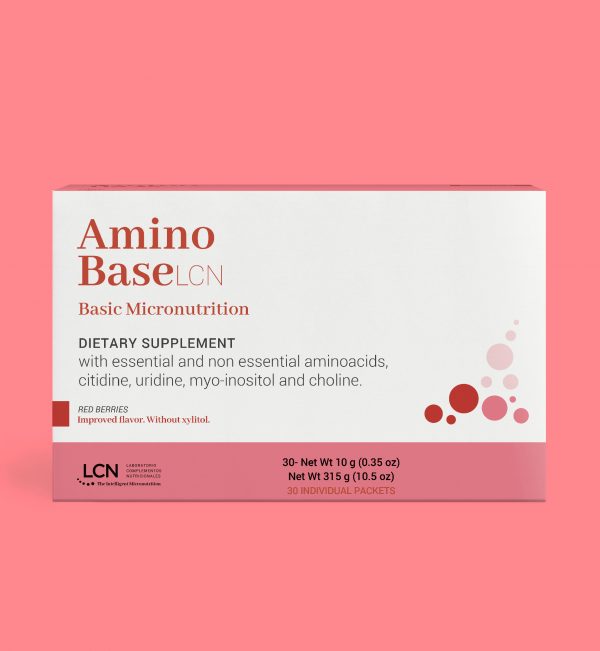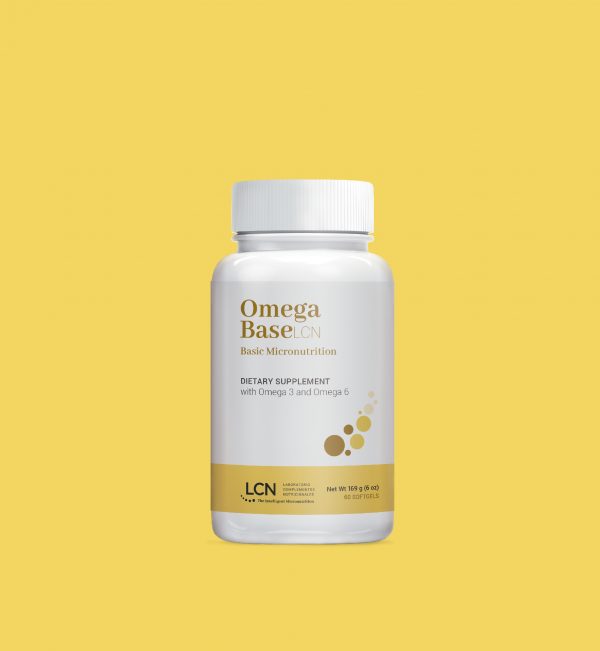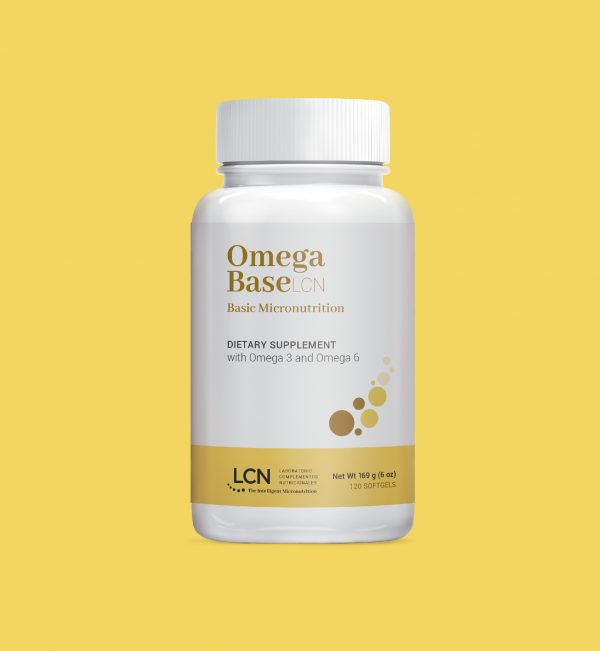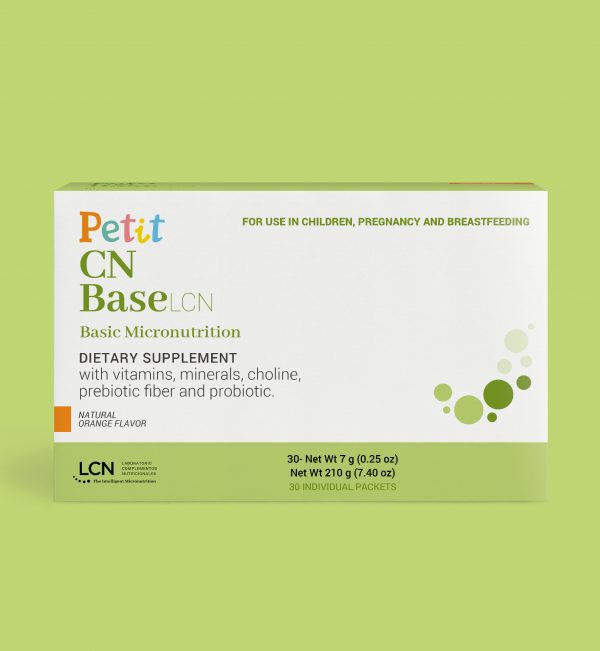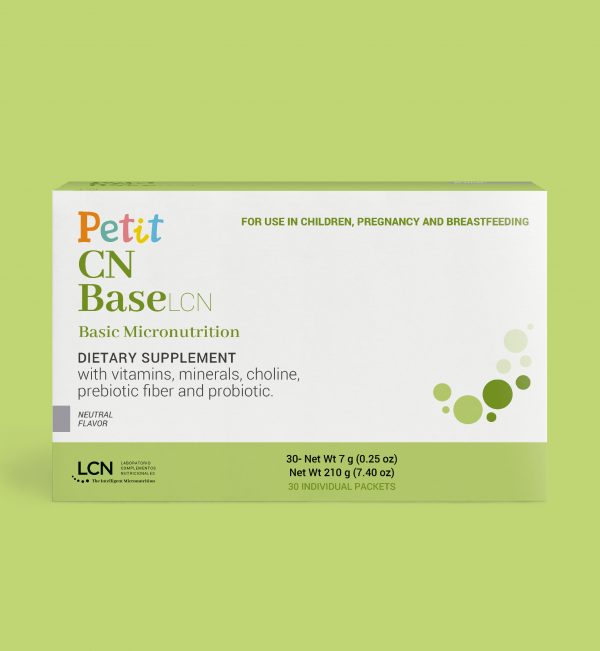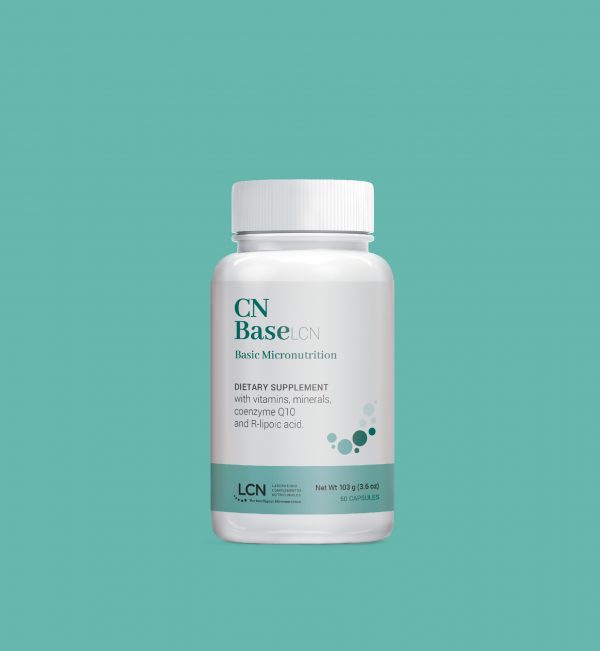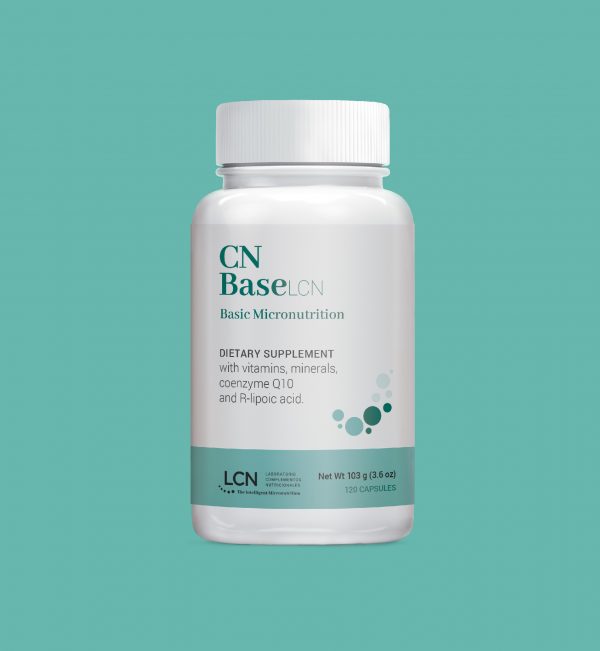Choline
What is it?
Choline (2-hydroxy-N,N,N-trimethylethanaminium) is an essential nutrient and a basic micronutrient that is often grouped with the B vitamins.
Choline is necessary to ensure the structural integrity of the cell, as it is a basic component of the phospholipids in the lipid bilayer of all cells.
Choline is a source of methyl groups related to the B vitamins.
Choline metabolism is closely related to other basic micronutrients, such as folates, vitamins B6 and B12, and alterations of one of these metabolic pathways is associated with changes in the others. They are interrelated.
Choline supplementation
There are various ways of supplementing the diet with choline. One way is through phospholipids containing phosphatidylcholine, another with choline bitartrate (the best form for multinutrient formulations). Yet another way, which has been approved as a novel food with restrictions on the maximum daily intake as a dietary supplement is citicoline (combination of choline and citidine).
Foods with choline
Although choline is abundant in foods of animal origin (organ meats, animal fats, eggs, cheeses, etc.) and lecithin (choline source) is used as an additive in many processed foods, the European population’s actual intake is lower than the reference values, according to EFSA.



